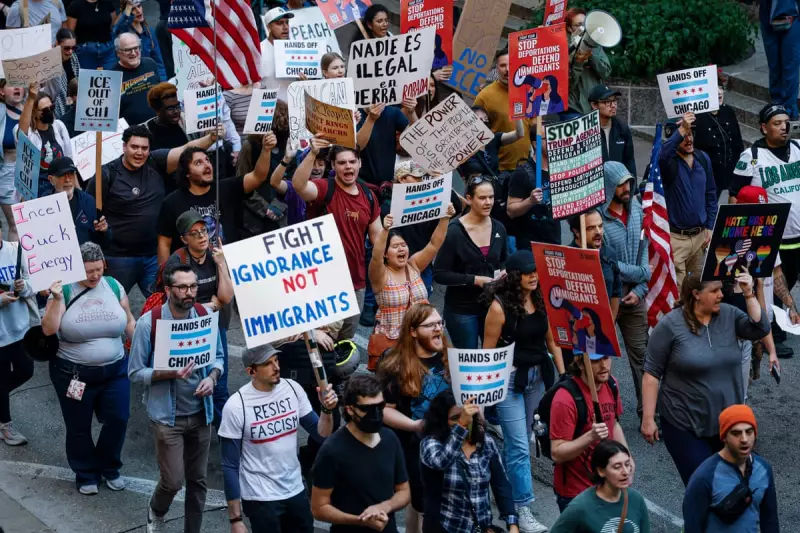
In a controversial move that has ignited political tensions across the United States, the Trump administration has authorised the deployment of National Guard troops to Illinois, marking a significant expansion of federal immigration enforcement operations.
Unprecedented Federal Action
The decision represents one of the most aggressive uses of presidential power in recent memory, sending military personnel to a state far from the traditional southern border regions typically associated with immigration enforcement operations. The deployment comes as part of the administration's broader strategy to address what it describes as "escalating immigration challenges" affecting multiple states.
Political Backlash and Legal Questions
Illinois state officials have reacted with outrage to the move, with Governor JB Pritzker condemning the deployment as "an extraordinary overreach of federal authority." Legal experts are divided on the constitutional implications, with some questioning whether the administration has the legal standing to deploy troops for domestic law enforcement purposes without state consent.
Operation Details and Mission Scope
While specific numbers remain classified, defence officials confirm that several hundred National Guard members have been mobilised. Their stated mission includes:
- Supporting federal immigration authorities with logistical assistance
- Providing surveillance and monitoring capabilities
- Assisting with transportation and processing operations
- Maintaining security at federal facilities
Broader Implications for State-Federal Relations
The deployment signals a potentially transformative shift in how the federal government approaches immigration enforcement within interior states. This action follows similar deployments to border states but represents the first major deployment to a northern state primarily concerned with interior enforcement rather than border protection.
Civil liberties organisations have expressed alarm about the militarisation of immigration enforcement and the potential impact on immigrant communities. Meanwhile, administration officials defend the move as necessary to address what they characterise as a "national security concern" requiring a comprehensive federal response.
The situation continues to develop rapidly, with legal challenges expected and political repercussions likely to resonate through the upcoming election cycle.






